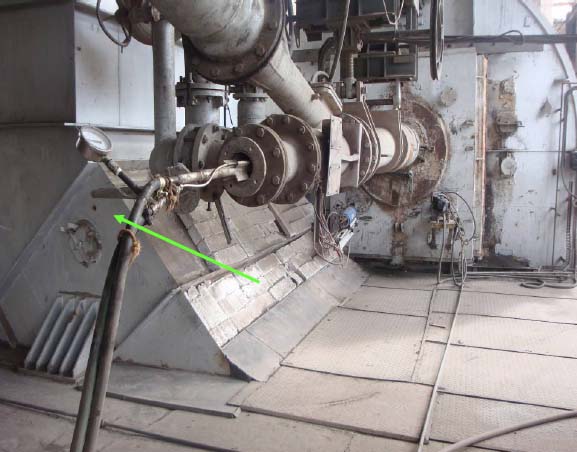In order to utilize the hazardous wastes generated in the cement industry the Central Pollution Control Board has come up with the draft guidelines (in February 2010) dealing with the co-processing of distillery spent wash concentrate in the cement industry. Distillery spent wash has high organic content and dissolved inorganic solids which require careful handling and proper disposal to avoid damage to the environment.
The distillery spent wash is being used at present on land to provide nutrient value, though it contaminates both the ground water and surface water sources, as most often it is practiced in a non-scientific manner. The adverse effect of spent wash disposal, via bio-composting is magnified during the rainy season. Concentration of spent wash in multiple effect evaporators and its subsequent incineration is also being practiced. However, it is not found to be technically and economically feasible in majority of cases. Hence, Central Pollution Control Board (CPCB) proposed the co-processing of concentrated spent wash in cement kilns.
There are around 400 distillery units in India, with a total production capacity of about 3800 million litres of alcohol. Average generation of spent wash is around 8-12 litres / litre of alcohol produced, depending on continuous or batch process and quality of molasses used etc. Thus the co-processing of spent wash concentrate in cement kiln has following benefits -
- Wastes are destroyed at a higher temperature of around 1200-1400 degree celsius and longer residence time;
- Inorganic content gets fixed with the clinker apart from using the energy content of the wastes leaving no residue behind;
- The acidic gases, if any generated during co-processing gets neutralized, since the raw material in cement kiln is alkaline in nature, and
- Such phenomenon also reduces resource requirement.

Pre-calciner: A typical controlled injection system for spent wash
Despite the inherent advantages of co-processing, a careful & scientific study of spent wash needs to be done to understand its potential to damage environment during transportation, handling, storage and processing.
The desired handling, transport and storage applicable to distillery spent wash have been described in the various sub-sections of the guidelines. Distillery spent wash is not categorized as a hazardous waste, still co-processing of the same needs to be handled in an environmentally sound manner, avoiding the possibilities of environment contamination. These guidelines include a standard methodology for submission of application for streamlining the entire processing mechanism taking all essential safeguards along with the delivery of approvals in a reasonable time frame.
These guidelines are in the draft stage and comments can be sent to:
Prof. S. P. Gautam (Chairman)
Central Pollution Control Board
Parivesh Bhawan, CBD-cum-Office Complex, East Arjun Nagar, DELHI - 110 032, INDIA
Ph: +91-11-22307233
Fax: +91-11-22304948
E-mail: ccb.cpcb@nic.in
Download the guidelines: